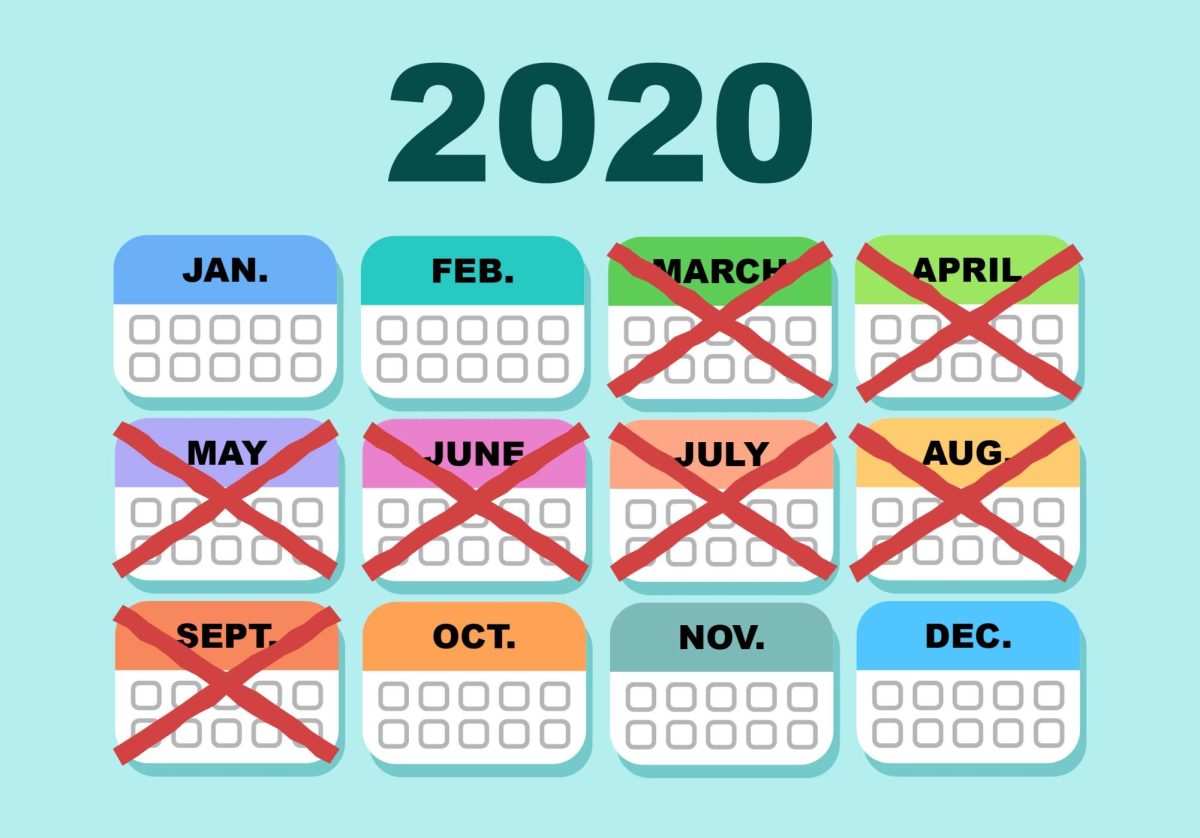As I’m looking over career paths and taking more courses, I’m more and more exposed to government and professional documents. Though frequently used, passive voice never gets enough respect among writers.
For a brief grammar refresher, passive voice is when what would ordinarily be the object of a sentence — in active voice — instead becomes the subject. “A dog bit a man” is active voice, whereas “A man was bit by a dog” is passive voice.
People rely too heavily on Orwell’s writing advice, and act like passive voice is the absolute devil when it can actually be useful in many cases. When writing formal documents and recounting events, strategic emphasis and objectivity is important to maintaining a professional writing style. Avoiding passive voice at all costs can often lead to excessively bold, accusatory styles of writing that bury important details and subtleties. Rather than an objective recounting of events, using passive voice can sound like childish storytelling filled with action.
Students need to do more to learn proper use of passive voice, and professors need to teach students about semantics in a way that accommodates passive voice. Personally, I know I’ve been taught against passive voice and I’ve even been “corrected” by professors when I use passive voice in papers. This is oversimplified writing advice, and passive voice needs to be accepted.
To give some examples of instances where passive voice is valuable, consider actors involved in an event. If one of the actors is mostly irrelevant, then it makes no sense to draw a reader’s attention away by focusing on that information. “Pope is assassinated” is a short headline and contains the most impactful information. We could say, “Jane Doe assassinates Pope,” but it seems strange to mention the assassin by name first, rather than immediately mention the important victim.
This is also true if the actor is unknown, or if details are sparse and there is uncertainty. “A jewelry store was robbed” is much more succinct and descriptive than “an unknown lawbreaker robbed a jewelry store.” If we don’t know who the perpetrator is, it makes no sense to use a vague descriptor for the sole purpose of keeping the sentence active.
It can also be respectful to use passive voice, especially when trying to avoid placing blame on someone. “The financial reports were incorrectly filed, and we need to fix it” is much more fitting than “Someone incorrectly filed the financial reports, and we need to fix it.”
The introduction of actors is another instance where passive voice can be useful. “World record broken by John Doe” enables readers to immediately see the important detail — the fact that a world record was broken — and then tie that information in with a newly introduced figure.
Many students’ future careers will necessitate proper use of passive voice. It would be wise to encourage proper use of passive voice throughout a student’s education. More plainly, passive voice shouldn’t be shamed or relegated as clumsy or dull, as is the case today.







